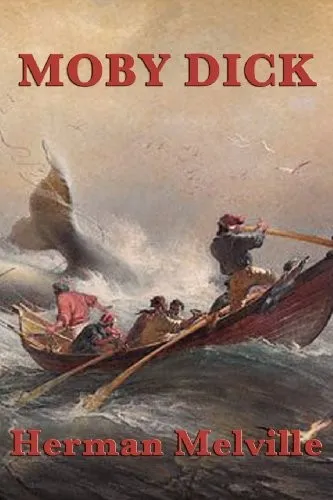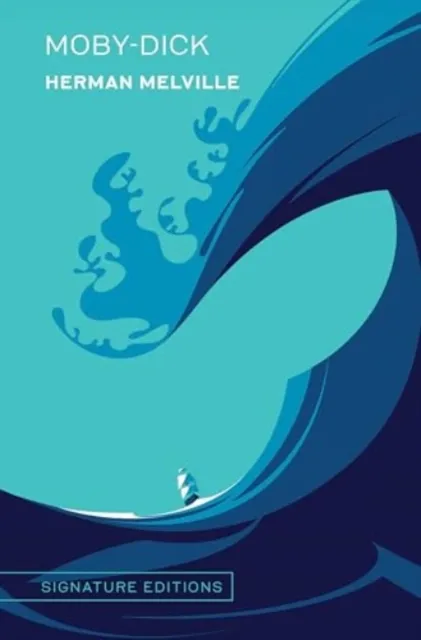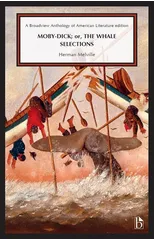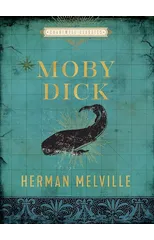"Call me Ishmael," Moby-Dick begins, in one of the most recognizable opening lines in Western literature. The name has come to symbolize orphans, exiles, and social outcasts - in the opening paragraph of Moby-Dick, Ishmael tells the reader that he has turned to the sea out of a feeling of alienation from human society. Ishmael soon learns that Ahab has one purpose on this voyage: to seek out a specific whale-Moby Dick, a ferocious, enigmatic white sperm whale. In a previous encounter, the whale destroyed Ahab's boat and bit off his leg, which now drives Ahab to take revenge.
Herman Melville
Herman Melville (1819-1891) was an American novelist, poet, and short story writer best known for his novel "Moby-Dick," a complex and symbolic work that explores themes of obsession, fate, and the struggle between good and evil. Melville's writing style is characterized by its rich symbolism, philosophical depth, and exploration of existential themes. His other notable works include "Typee," "Billy Budd," and "Bartleby, the Scrivener." Melville's contributions to literature have had a lasting impact on the development of American literature, particularly in the genre of the novel.





